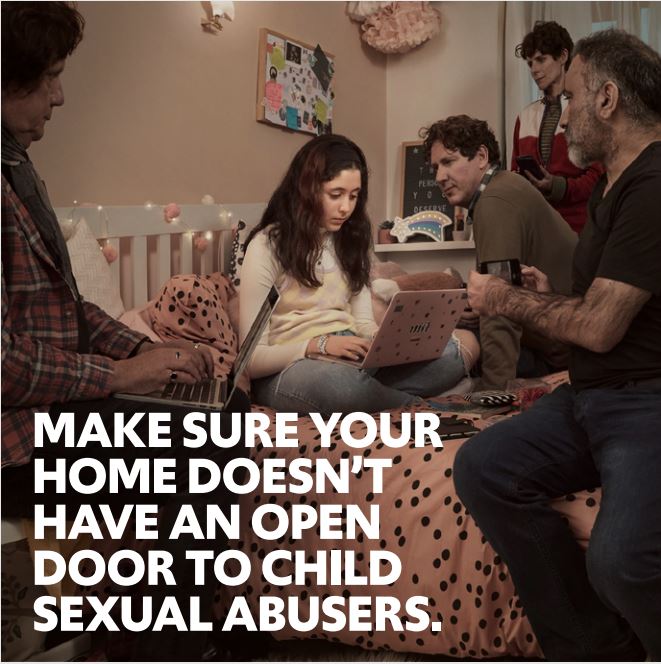
Sycope joins the Internet Watch Foundation to strengthen protections for children online
The IWF has welcomed Sycope as a new Member, supporting its mission to stop the spread of child sexual abuse material online

Published: Mon 31 May 2021
‘Appalling’ new data shows online content of children being tricked into sexually abusing themselves on camera for predators has more than doubled in the first few months of the year.
The Internet Watch Foundation (IWF) is the UK charity responsible for finding and removing images and videos of child sexual abuse from the internet.
New figures released today (May 31) show “self-generated” content of child sexual abuse has skyrocketed at the start of 2021.
Self-generated content can include child sexual abuse content which has been created using webcams, very often in the child’s own room, and then shared online.
In some cases, children are groomed, deceived or extorted into producing and sharing a sexual image or video of themselves.
Some of these videos contain Category A material – the most severe level of abuse which includes penetrative sexual activity.
The new data shows:
Susie Hargreaves OBE, Chief Executive of the IWF, said: “We are appalled by these numbers. We know the abuse these children suffer is real, and there should be no doubt that this has become a grave and widespread threat.
“Predators are extremely devious, and have worked out that they do not need to physically contact a child to inflict long-lasting harm and abuse on them. They can now, in just a few clicks, reach children at home through their devices and speak to them in their own bedrooms.
“Parents need to be aware of these realities we are seeing, and children must be empowered to call out these criminal adults who are inciting them into abusing themselves online. This is why we are campaigning to try to warn about the tactics being deployed by these offenders.”
Last month (April) The IWF launched a hard-hitting new campaign warning teenage girls and their parents about the dangers of being groomed online by sexual predators.
The campaign, backed by the UK Home Office and Microsoft, has two main branches. The ‘Gurls out loud’ campaign aims to prevent teenage girls from falling victim to grooming techniques, and the ‘Home Truths’ campaign warning parents about how predators are seeking to groom and coerce children online.

Parents are encouraged to T.A.L.K to their children about the dangers.
Find out more about the campaigns at: www.gurlsoutloud.com and https://talk.iwf.org.uk
A further breakdown of the IWF’s findings in 2020 can be found at https://annualreport2020.iwf.org.uk
Images and videos of online child sexual abuse can be reported anonymously at https://report.iwf.org.uk/en
The public is given this advice when making a report:

The IWF has welcomed Sycope as a new Member, supporting its mission to stop the spread of child sexual abuse material online